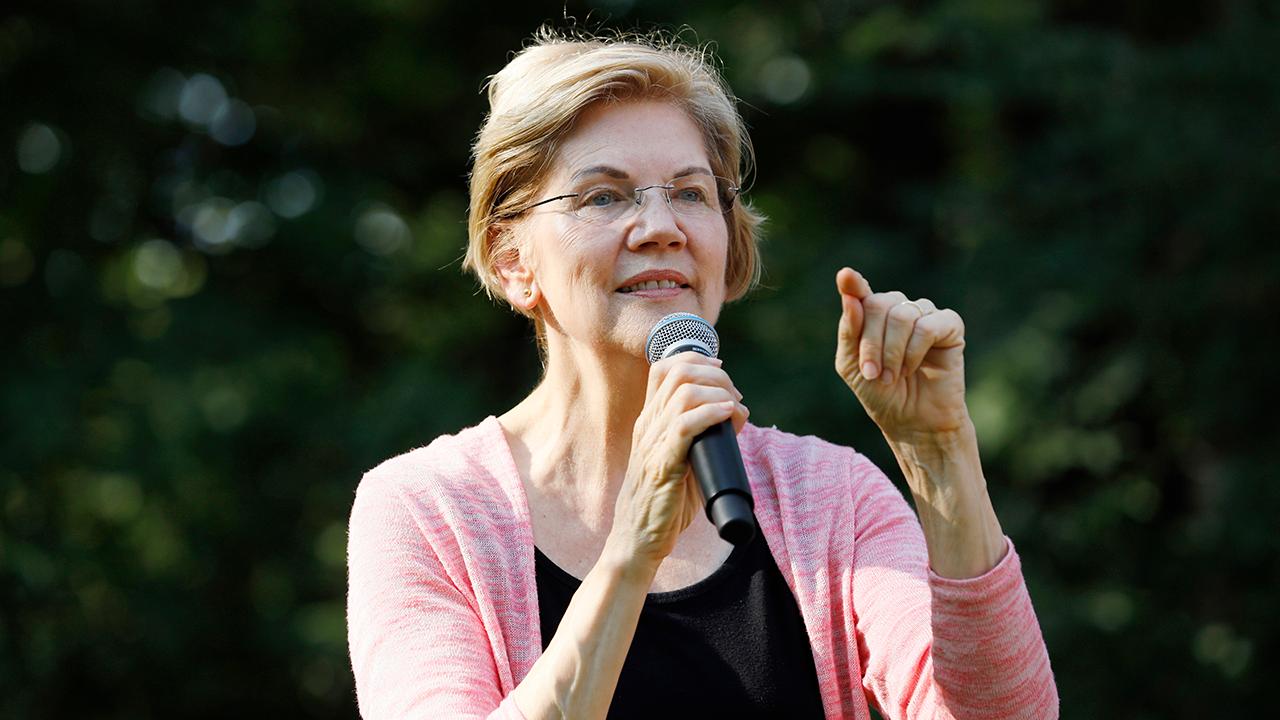How much Americans need to earn to join the top 1%
It's becoming harder for Americans to join the richest 1 percent.
That's according to new figures published by the Internal Revenue Service this week, which found that in order to enter that coveted — and exclusive — club, U.S. taxpayers had to earn $515,371 in 2017, a 7.2 percent increase from the previous year, even after adjusting for inflation. Bloomberg News first reported the story.
The cut-off is even steeper to join the top 0.1 percent at $2.4 million in 2017, a 38 percent jump since 2011, when the Occupy Wall Street movement — slogan: "We are the 99 percent" — swept through the country, Bloomberg reported.
Meanwhile, the top 0.001 percent, an elite and small group of only 1,433 taxpayers, earned at least $63.4 million each in 2017.

Luxury yachts
Comparatively, in order to be in the top half of the nation’s earners, Americans need to earn $41,740 per year.
Last year, the gap between the rich and the poor in the U.S. climbed to the highest level in more than 50 years, according to Census Bureau data. Income inequality in the U.S. expanded significantly from 2017 to 2018, led by a number of coastal states, including Florida, New York, California and Connecticut, the figures revealed.
Income disparity has become a focal point of the Democratic primary, with Sens. Bernie Sanders, I-Vt., and Elizabeth Warren, D-Mass., both introducing sweeping legislation to tax the wealthy.
Sanders unveiled a plan in September that would, over the course of 15 years, halve the wealth of billionaires in the U.S. The Democratic presidential candidate vowed to implement new tax brackets on the ultra-rich, from a 1 percent tax imposed on married couples with $32 million to an 8 percent tax on those with more than $10 billion.
"There is no justice when three billionaires are able to own more wealth than the bottom half of the entire country," Sanders said in a tweet.
Warren has likewise hinged her presidential bid on a wealth tax, which she first introduced in January. Under her plan, individuals with $50 million would pay a 2 percent tax. That would increase to 3 percent for individuals with more than $1 billion.




















